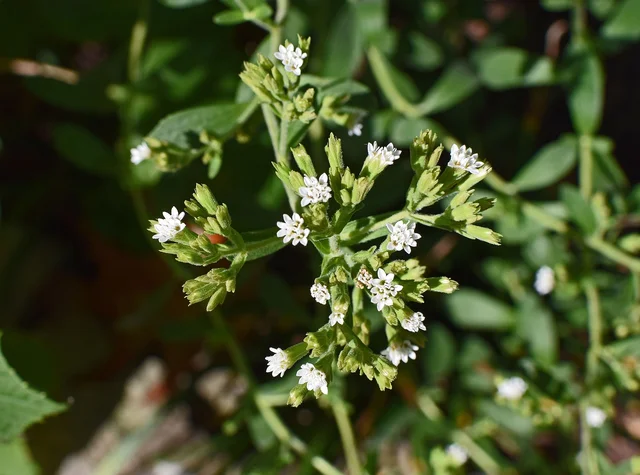Stevia: What's it?
Stevia is also called sweetleaf and sugarleaf. It's a natural substitute for sugar. Stevia is made from the leaves and stems of the stevia plant. It's native to Brazil and Paraguay. Steviol glycosides are compounds found in the leaves that make it 200 times sweeter and have zero calories. It is a good option for those who want to lose weight or reduce sugar consumption.
Stevia has been gaining popularity in recent years within the wellness and health community. Some have praised it as a miracle sweetener. It is claimed to lower Blood Sugar, help with weight loss and treat diabetes. Is this true?

Stevia's Purported Health Benefits
Some studies suggest that stevia could have benefits in managing blood sugar. A study showed that people with type 2 diabetes had lower levels of blood sugar after 12 weeks of daily intakes. A second study showed that stevia extract is more effective in lowering blood sugar levels than the placebo.
Stevia is also linked with weight loss, better gut health and lower Inflammation. These studies have been small, so more research will be needed to draw definitive conclusions.
Stevia is not a good choice, but it should be used in moderation. Too much Stevia may cause problems with digestion, such as bloating and cramping. Stevia's sweet flavor can cause a sweet tooth, leading to an increase in overeating.
Viewpoints from Experts
Although experts agree that Stevia is a better alternative to sugar than regular sugar, they warn against using it too often. According to Dr. Mark Hyman of Cleveland Clinic, "I do not believe anyone should drink multiple sodas or juices sweetened by stevia each day." Stevia can be used to sweeten food and drinks in a healthy way.
A majority of nutritionists recommend that stevia be used in moderation. Abby Langer, registered dietitian nutritionist recommends that stevia be used as an alternative to artificial sweeteners and not as a replacement of all sugar. She said that Stevia can still be considered an added sugar. You should instead aim for sweetness in whole foods like fruits and veggies.
Stevia: How do you get started?
There are some things to keep in mind if you want to try stevia. Make sure to buy 100% Stevia. Start slowly, and don't use too much. It is possible to take some time getting used to the taste and texture of Stevia.
One teaspoon of stevia extract daily is the recommended dosage. Stevia can be found in many grocery and health food shops as well as online. You can also buy liquid stevia drops if you want the convenience of liquid stevia. These can then be used in beverages or recipes.
Is there any side-effects or drawbacks to the product?
Stevia is generally safe and well tolerated. Some people might experience side effects like bloating and cramps. It is also important to remember that stevia doesn't contain nutrients so you shouldn't rely on it as an essential source of vitamins or minerals.
Stevia, as a natural sweetener, has potential health benefits such managing blood sugar. It should not be taken in excess as it can cause adverse reactions. Stevia, when used properly can replace sugar or artificial sweeteners.
Conclusion
Stevia, a naturally sweetening agent from the leaves and flowers of the Stevia plant is available. Stevia is 200 times more sweet than sugar and has zero calories. Stevia has been shown to have health benefits, including lowering your blood sugar and helping you lose weight. It should not be taken in excess as it can cause side effects. Stevia, when used properly can replace sugar or artificial sweeteners.